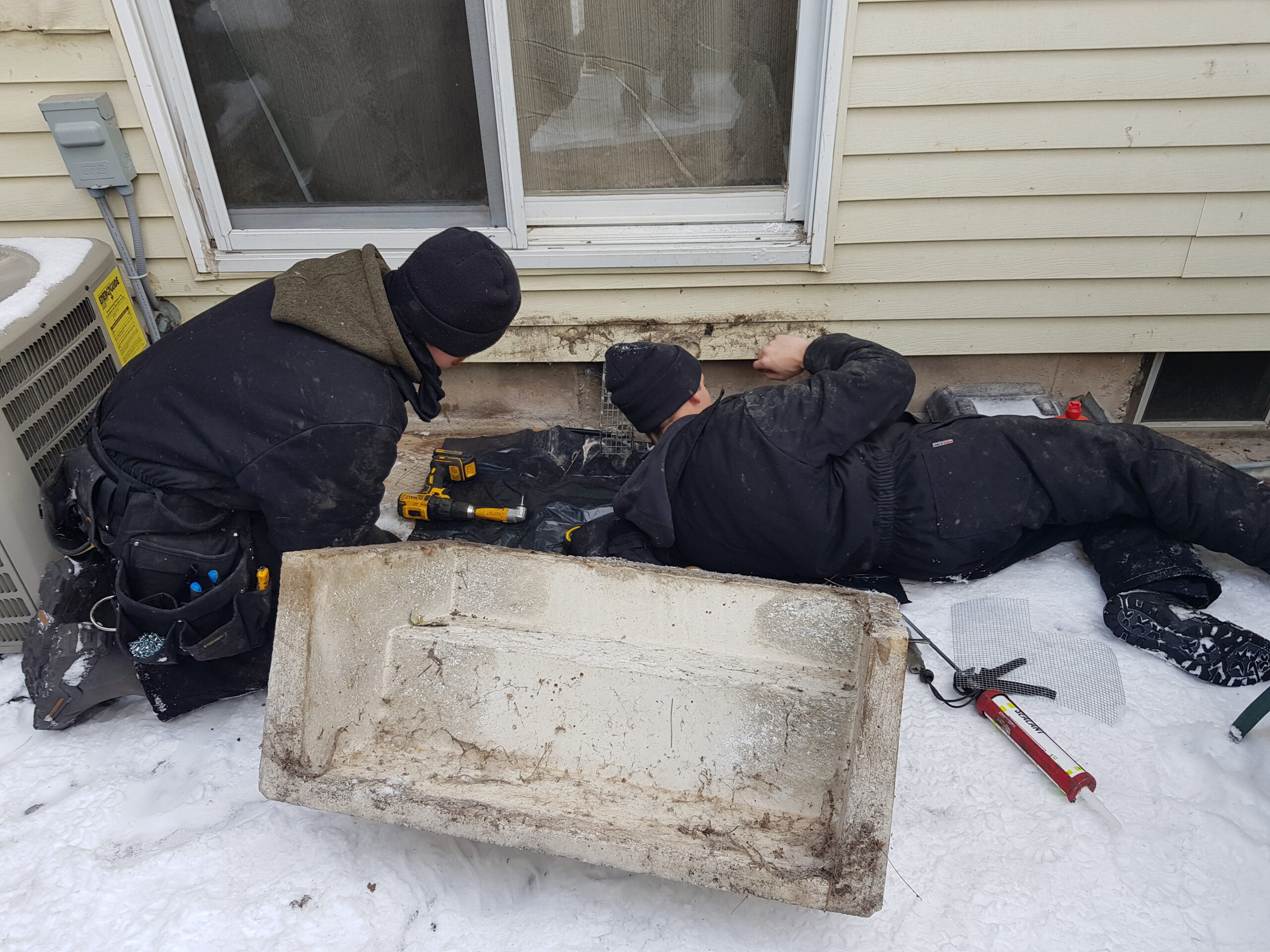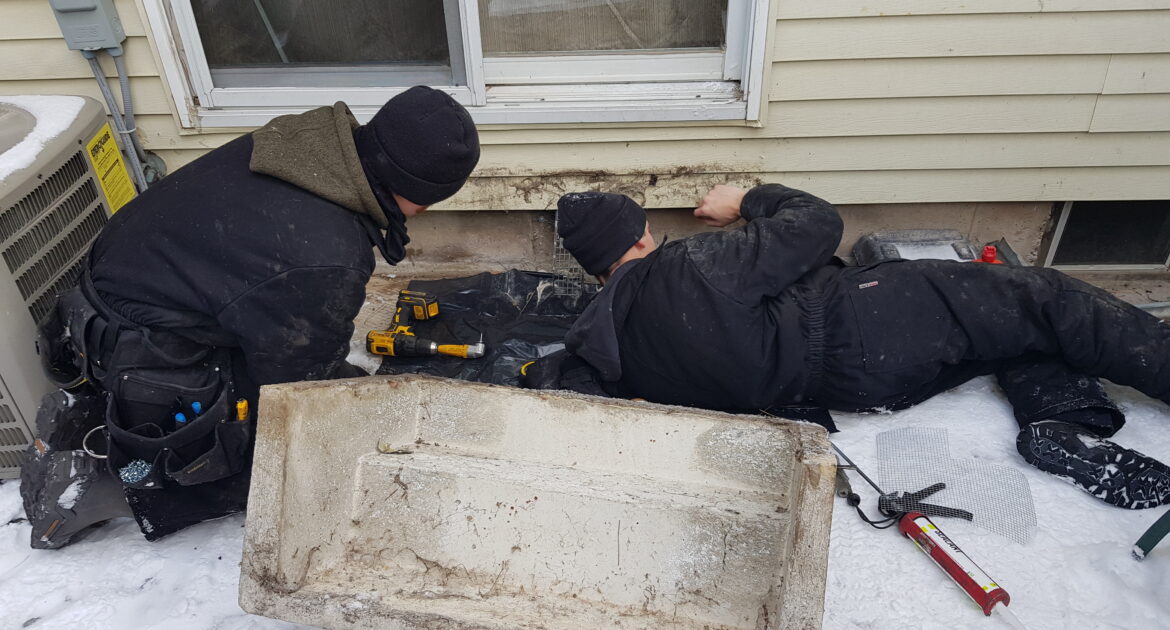Rats are large rodents that can cause extensive property damage and spread diseases to your family. DIY solutions may seem affordable and convenient but are unlikely to be very effective. Here are some common solutions that people turn to frequently but are unlikely to help the problem in the long run.
General Approaches To Rat Removal That Are Ineffective
With some problems that you encounter in your life, it can be a good idea to wait and see if the problem gets better on its own. However, this isn’t a good idea when it comes to an invasion of your home by wildlife, especially rats. For one thing, rats reproduce very rapidly, giving birth to multiple litters per year. The best time to deal with an infestation is early on when it is still small. The longer you wait to address it, the more the infestation has had time to grow. Rat removal is still possible at this point, but the more rodents there are, the more difficult it becomes to remove all of them.
Another reason not to wait to address a rat infestation is that rats are very clever creatures. Scientists regard them as one of the most intelligent animals on the planet. If you aren’t proactive in addressing an infestation, you give the rats time to observe and learn your habits, giving them an advantage when it comes to attempts at DIY wildlife control in Milwaukee.
If you have to attempt DIY removal more than twice, it isn’t an effective method. Constantly setting traps, putting out poison, or whatever method of DIY rodent removal you prefer means that the rats are either getting in from the outside or reproducing faster than you can get rid of them.
Specific DIY Solutions That Don’t Work
Most people initially turn to either traps or poison for rat removal. Unfortunately, these are unlikely to solve the problem completely. You are unlikely to catch any rats at all if you put traps in high-traffic areas because rats like to travel along the wall. Rats navigate in the dark by touch using their whiskers. They don’t like to come out in the open because it makes it harder for them to get their bearings.
While rats are opportunistic feeders, they are suspicious of new situations. A trap is something new in their environment and therefore something to be carefully considered. Rats also learn by watching one another, so if one rat dies in a trap, others are unlikely to come near it ever again.
Traps and poisons are also inhumane. A rat may be grievously injured in a trap but may not die right away. Similarly, poisons can take several hours, or perhaps days, to work.
If you have pets or young children in the house, using poison to get rid of rats is not safe. Because it takes some time for a rat to die, a family pet may catch and eat it in the meantime. Cats and dogs have been known to die from eating poisoned rodents, a long, horrible process that a veterinarian may not be able to reverse.
Rats typically hold their food in their paws while eating it, meaning that the poisoned bait can get on their feet. They may then track the poison across your floors and food preparation surfaces. If you have young children who still crawl, they could get it on their hands, or it could contaminate your food. You and your family could get sick and possibly die as a result.
Professional Rat Removal From Skedaddle
Our humane wildlife control methods do not use traps or poison. We perform a thorough inspection to locate the animals. When the rats have been removed, we seal the entry points so they can’t get back in. Find out more about the services we offer in Milwaukee.




